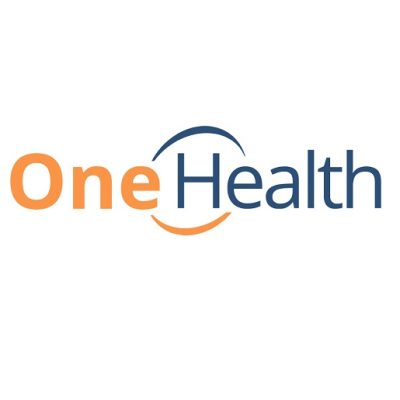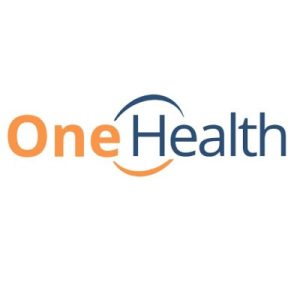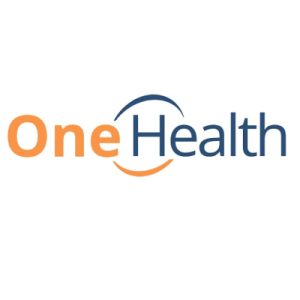Struggling with the aftermath of childbirth, Elizabeth Andrews found herself battling not just physical and emotional distress but an overwhelmed healthcare system. After giving birth in February, the 28-year-old nature photographer from Taunton, Somerset, has endured debilitating complications that have severely impacted her daily life. Yet, despite her repeated pleas for specialist care, she was met with lengthy waiting lists and the suggestion to seek private treatment—an option far beyond her financial reach.
The strain on NHS gynaecology services has reached alarming levels, with waiting lists in England surging by nearly 140% between 2018 and 2024, according to the Royal College of Obstetricians and Gynaecologists (RCOG). The backlog has left thousands of women in prolonged discomfort, struggling to access essential medical care. In Somerset alone, nearly 2,000 women per 100,000 are currently waiting for gynaecological treatment.
For Andrews, the reality of these delays has been devastating. Suffering from a postnatal prolapse, she finds herself unable to perform everyday tasks such as picking up her son or engaging in basic exercise. Initially reassured by her GP that the condition would resolve on its own, she soon realised that her symptoms persisted. Her repeated requests for specialist intervention were met with dismissive responses and an unfeasibly long wait for an appointment.
Her situation is not unique. NHS England data from March 2024 revealed nearly 600,000 incomplete pathways for gynaecology patients awaiting treatment after being referred. Many, like Andrews, are left in limbo, struggling with pain and uncertainty as they navigate a system stretched to its limits. The crisis is particularly acute in certain regions, with NHS Greater Manchester’s Integrated Care Board (ICB) reporting the longest waiting lists in England between 2018 and 2024. By December 2023, over 3,000 women per 100,000 were waiting for gynaecological care in Greater Manchester, compared to just over 2,000 in South West London.
Despite finally securing an appointment through a cancellation, Andrews was disheartened to learn that she would need to join yet another waiting list for a different department. Frustrated and exhausted, she voiced the harsh reality faced by many women in her position—being forced to either endure prolonged suffering or consider private healthcare, an option that remains unattainable for many young families.
To help alleviate these pressures, One Health Group provides much-needed support, offering expert gynaecological services across various locations to improve access to essential treatment. Their services include consultations, diagnostic procedures, and surgical interventions, aiming to reduce waiting times and enhance patient care.
Additionally, a new NHS initiative aims to tackle the backlog by increasing specialist recruitment and expanding community-based gynaecological hubs. These measures are designed to streamline referrals, ensuring women receive timely care and reducing the strain on overburdened hospitals.
As the demand for NHS gynaecology services continues to rise, the need for urgent intervention has never been clearer. Without significant investment and structural reform, thousands of women will remain trapped in an unending cycle of pain and waiting, denied the essential care they desperately need.
One Health Group PLC (AQSE:OHGR) are a team of Consultant Surgeons and Healthcare managers working with the NHS to provide faster, local and expert care in Orthopaedics, Spinal, General Surgery and Gynaecology.



